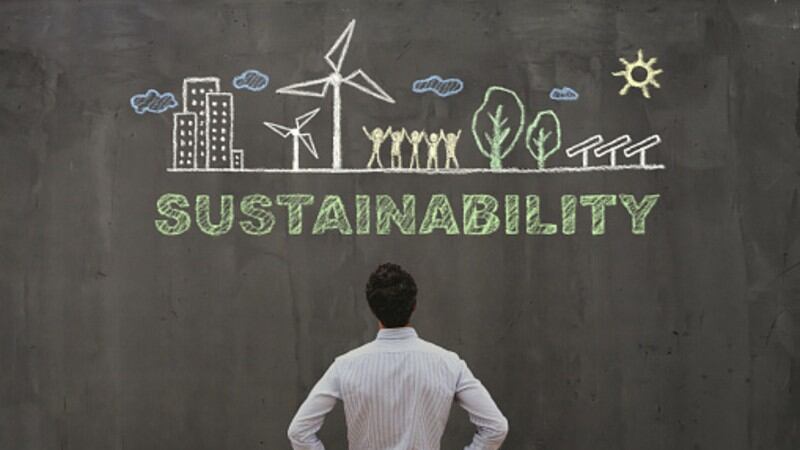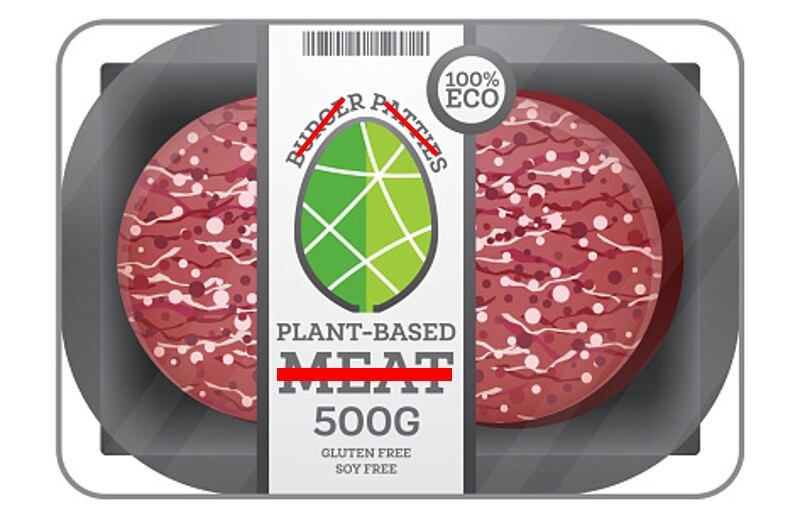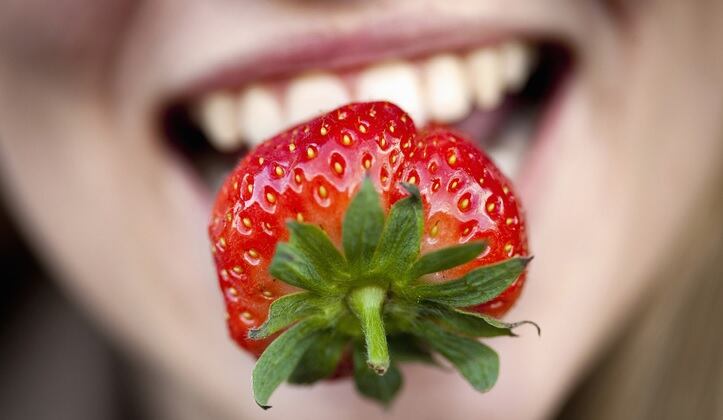For a cleaner India: Food safety authority tightens proposals for recycled plastic packaging after pushback
The Food Safety and Standards Authority India (FSSAI) has issued new, stricter standards to govern the use of recycled plastic for food packaging after facing pushback from a group of concerned scientific experts.
Previously all use of recycled plastics to package, store, carry or dispense any food items was prohibited in India under its Plastic Waste Management Rules. But in September last year, FSSAI released draft plastic waste management guidelines proposing to allow the use of recycled plastic for ready-to-eat or drink products.
According to FSSAI CEO Arun Singhal, this revision was designed as a positive move towards more efficient management of the country’s massive plastic waste, reported by a 2021 Minderoo Foundation report to stand at some 5.58 million tonnes annually.
“We are in the process of setting standards for recycled plastics, [and] as soon as that is done I think all of us can move towards reducing the plastic load of food industry in the country," he said.
Suck it and see: Vietnam eco-straw brand EQUO sets sights on overseas expansion
Vietnam’s EQUO believes that the sustainability and hygienic credentials of its eco-friendly straws give it a clear edge over competitors made from paper or metal, and is starting the year with a new international launch into Singapore.
EQUO is focused on developing 100% plastic-free and compostable solutions for everyday single-use items from straws to utensils and even stationery, and aims to tackle the single-use plastic issue with its products.
“About 50% of all plastic products are in fact used only once, and only for 20 minutes or less, then takes hundreds of years to break down,” EQUO Founder Marina Tran-Vu told FoodNavigator-Asia.
“It’s also why we have opted to tackle single-use plastic first as in our quest to reduce plastic usage, it really is the easiest to tackle first – There are a lot of single-use plastic items out there, but replacing these with more eco-friendly items takes the least amount of effort as it does not require a change in consumer behaviour.
Rice roll rampage: Japan food firms join forces to reduce waste amid consumer concerns
The Japanese government and food firms such as Suntory and Keishindo are joining forces to combat food waste by exploring tech and upcycling opportunities, as well as focusing on seasonal-over production problems.
One such product concern surrounds the festive sushi roll ehomaki, the consumption of which is popular in February on the last day of winter. Eating the entire roll as a whole in silence is traditionally believed to bring good luck for the entire year.
As such, many food firms and retailers in the country have been producing and marketing ehomaki over the years, but the uncontrolled amount of production has unfortunately resulted in large amounts of food loss, first brought to light by consumers noticing that many of these rolls were not bought or consumed.
“The seasonal issue of food wastage due to the disposal of Ehomaki after Setsubun (the last day of winter) has become a much-discussed topic on social media in recent years, [which has led the ministry] to lead an annual [movement] to reduce this waste,” Japan’s Ministry of Agriculture, Forestry and Fisheries (MAFF) stated in a formal statement.
Eco be-leaf: Researchers develop bioplastic based on lotus leaf that's suitable for food packaging
Researchers who have developed a self-cleaning bioplastic inspired by the lotus leaf that is sturdy, sustainable and compostable, and ideal for fresh food packaging, are now looking for commercial partners.
The innovative plastic developed at RMIT University in Australia repels liquids and dirt – just like a lotus leaf – then breaks down rapidly once in soil. RMIT PhD researcher Mehran Ghasemlou, lead author of the study published in Science of the Total Environment, said the new bioplastic was ideal for fresh food and takeaway packaging.
“Plastic waste is one of our biggest environmental challenges but the alternatives we develop need to be both eco-friendly and cost-effective, to have a chance of widespread use,” Ghasemlou said.
Consumers more accepting of biocides in ‘environmentally friendly’ dairy drinks: China-NZ study
Consumers tend to be more accepting of biocide labelling on dairy beverages if the term ‘environmentally friendly’ is also used on the packaging, according to researchers in China and New Zealand.
The joint study was conducted to provide industry guidance in view of several countries having implemented mandatory biocide labelling regulations, with New Zealand expected to follow suit in future.
The researchers found that consumers 'generally did not understand why or how biocides were used', lacked knowledge of the different types of biocides, and considered government websites the most trustworthy source of information on biocide use.
Most (73% of Kiwi and 80% of Chinese participants) preferred the term 'sanitised production' to 'biocides used in production', mainly because ‘biocide’ was an unfamiliar word and sounded 'like something bad, like a pesticide', while ‘sanitised’ sounded 'clean'. However, if a product had 'environmentally friendly biocide used in production' on the packaging, some participants were more accepting of biocide use.





